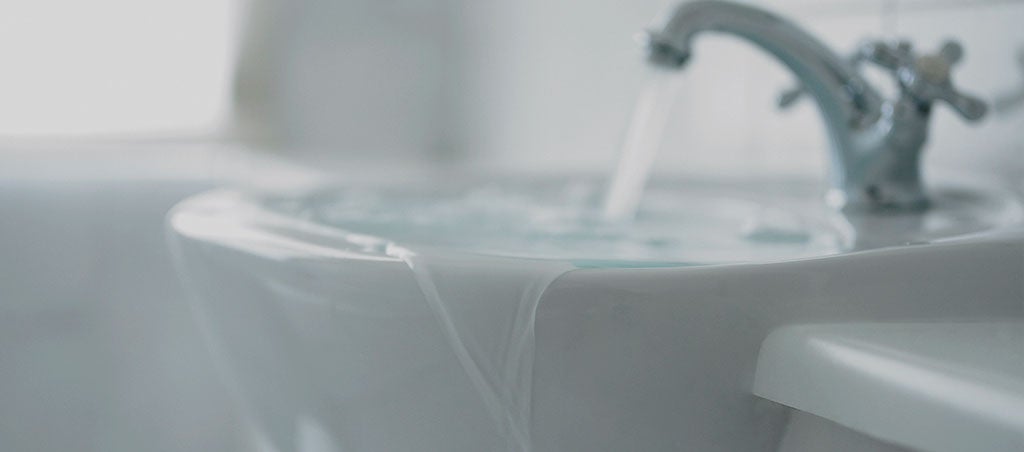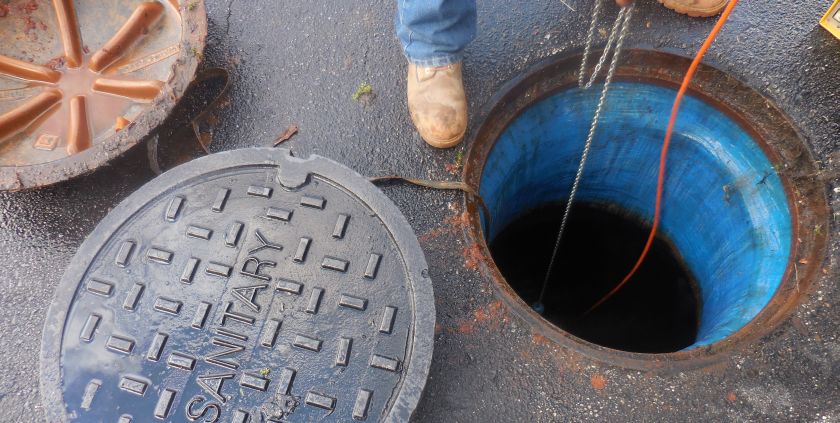What are your opinions with regards to Tips for Dealing with Clogged Drains and Sewer Lines?

Intro
Managing a blocked drain can be an irritating experience, interrupting daily activities and potentially causing damage to your property. Nevertheless, before connecting to plumbing specialists, there are actions you can require to deal with the issue on your own. In this overview, we'll check out do it yourself remedies and preventive measures to tackle an obstructed drainpipe efficiently.
Recognizing the Problem
The initial step in attending to a blocked drainpipe is acknowledging the indicators. Sluggish water drainage, gurgling sounds, foul odors emanating from drains, or water support up are common signs of an obstructed drainpipe. Identifying these indications early can help prevent even more difficulties.
Typical Reasons For Obstructed Drainpipes
Recognizing the factors that contribute to drain blockages is important for reliable resolution. Common culprits include hair, soap scum, grease, food particles, and foreign things like sanitary items or paper towels. Tree roots invading below ground pipelines can likewise trigger substantial blockages.
DIY Solutions
For small blockages, numerous do it yourself services can be reliable. Pouring boiling water down the drainpipe can aid dissolve oil and particles. Sodium bicarbonate and vinegar or a mixture of salt and cooking soft drink can work as all-natural cleaners. Making use of a plunger or plumbing snake to remove obstructions is another alternative.
Devices and Tools
Having the right devices accessible can make DIY drainpipe cleaning more efficient. A plunger is a flexible tool for removing blockages in sinks, toilets, and showers. A plumbing serpent or auger can reach deeper blockages, while drain cleansing chemicals can be utilized meticulously for persistent obstructions.
Safety nets
To stay clear of future clogs, embracing preventive measures is vital. Install drain guards or filters to catch hair and particles before they get in the pipes. On a regular basis flush drains with hot water to liquify oil build-up, and avoid disposing of grease or strong waste down the tubes.
When to Call a Professional
While DIY options can deal with small blockages, particular indicators show the demand for specialist help. Relentless blockages, foul odors despite cleansing efforts, or multiple drains backing up concurrently are red flags that warrant skilled treatment.
Picking the Right Plumbing Service
When choosing a pipes solution, consider aspects such as experience, licensing, and customer testimonials. Pick a trustworthy plumbing with a record of top quality workmanship and clear rates techniques.
Price Factors to consider
The price of expert drainpipe cleaning company can vary depending on the extent of the blockage and the plumbing technician's prices. Request quotes from multiple service providers and ask about any added fees to ensure transparency and avoid surprises.
Security Measures
When trying do it yourself drainpipe cleaning, focus on safety. Wear protective handwear covers and eyewear to stay clear of contact with harmful chemicals or bacteria. Never mix various drain cleansing items, as this can generate hazardous fumes.
Case Researches
Real-life instances illustrate the effectiveness of do it yourself options and the significance of prompt professional treatment in solving drain clogs.
Conclusion
By adhering to the ideas laid out in this overview, you can properly deal with blocked drains and stop future pipes issues. Whether opting for do it yourself services or seeking professional support, punctual action is crucial to preserving a healthy and balanced pipes system and preserving the integrity of your home.
10 TIPS TO CLEAR ANY BLOCKED DRAIN
SIGNS OF A BLOCKED DRAIN
Blocked drains can be a source of property damage and health problems for people and pets. The early warning signs of a blocked drain are:
Overflowing
You’re probably quite used to everything flowing down your drain. As a result, it’s quite alarming seeing water spill back up. If your drain is overflowing, that means you’re facing a blockage.
Gurgling sounds
Gurgling sounds indicate that the water is pooling and pushing against the pipe. If you experience this, it’s often the case that a blockage is a problem.
Slow draining
When emptying your sink or taking a shower, you might notice that the water pools for longer than expected. Usually, the problem worsens rather than getting better by itself, which suggests that the blockage is growing larger.
CAUSES OF A BLOCKED DRAIN
Although most people use their drains appropriately, it’s quite easy to make mistakes. Occasionally, everyday use results in blocked drains too. Common causes include:
Tree roots
Tree roots won’t be the cause of local drain blockages, but they can disrupt your main sewage system. The root keeps growing until it breaches the pipe and causes a blockage.
Toiletries
Although toiletries are essential, some can cause drain blockages. For example, nappies, baby wipes and sanitary products should not be flushed down the toilet.
Foreign objects
When you have kids, there’s always a risk they’ll flush something unusual down the toilet. Toys and other foreign objects become lodged in the u-bend, resulting in a blockage.
Mineral Buildup
When minerals such as calcium build up in your pipes, this causes constriction. Although this may not cause a blockage on its own, it does make it easier for other types of blockages to form.
Soap
Although liquid soap may not cause drain blockages, solid soap bars can get lodged within pipes until they eventually break down. One way to stop this from happening is to use a mesh wire guard to cover plug holes.
Natural Debris
Natural debris can fall into your outdoor drains, especially when you don’t use gutter guards. This usually means leaves and twigs, although it can include dirt and grit too.
HOW TO CLEAR A BLOCKED DRAIN
Boiling water
Boiling water is useful for tackling blocked drains caused by grease, conditioner, and some other kinds of toiletries. This is because these substances have a low melting point, and the extreme heat helps to break them up. Boil a kettle with water and pour it down the drain to shift the blockage.
Natural cleaners
You can use some natural cleaners to create a fizzing effect that breaks drain blockages apart. Try pouring hot water down the drain, then follow it with one cup of bicarbonate of soda and a cup of vinegar. Leave it for ten minutes, then chase it with more hot water. A combination of the hot water and the natural cleaner mixture can break blockages up.
Caustic cleaners
Some stores sell caustic cleaners that take stronger action against drain blockages. It dissolves grease, fat, and oils, making it ideal for tougher blockages. Always follow the instructions on the packaging and ventilate the room before starting.
Plungers
As a simple yet effective tool, plungers can help to dislodge local blockages. They work by forming a seal around the plug hole, followed by a vacuum effect that removes the blockage.
DIY drain snake
You can make a DIY drain snake out of any thin metal wire, such as a coat hanger. Leave a hook at the end of the snake and insert it into the plughole. Try using it to fish out local blockages made of hair. This approach is most effective in showers.
https://preciseservices.com.au/10-tips-to-clear-any-blocked-drain/

Hopefully you enjoyed reading our topic about Some easy tips to fix blocked drains. Many thanks for taking a few minutes to browse our article. So long as you liked our post please be sure to share it. I take joy in your readership.
Call Today